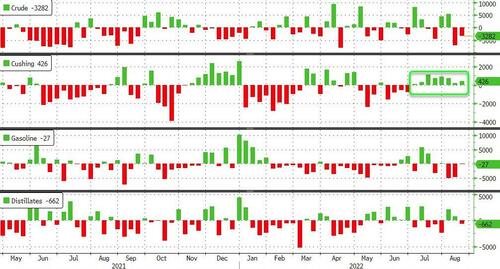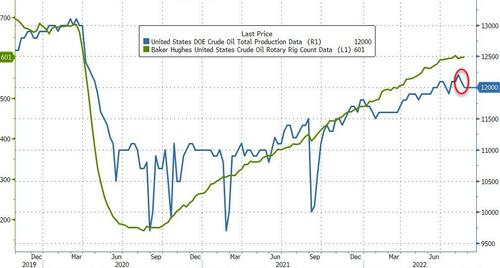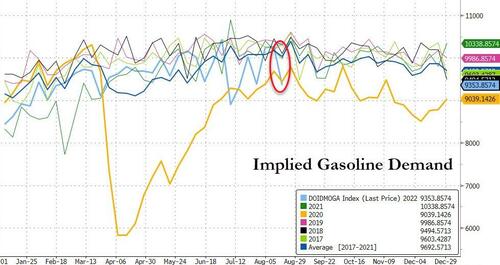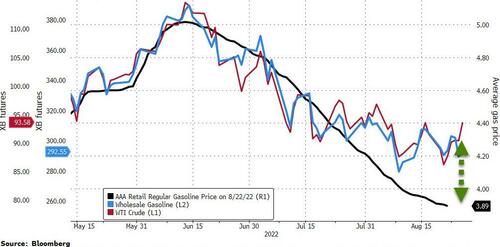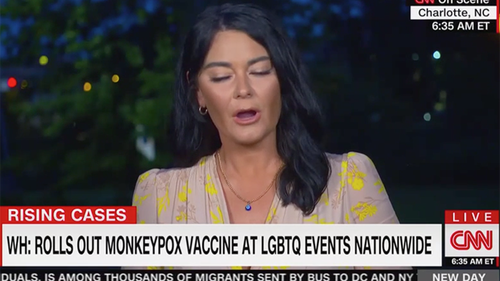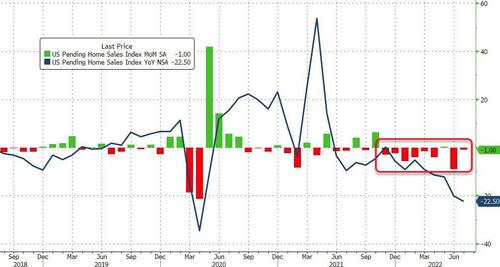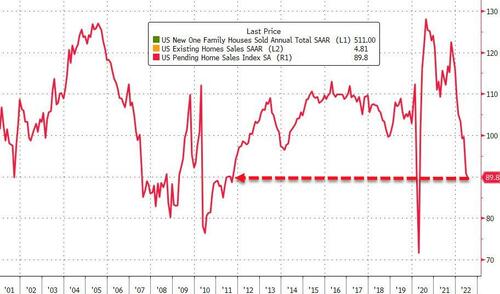Boris Johnson Arrives in Kiev For 3rd Time, This Time Bearing Gifts
UK Prime Minister Boris Johnson has once again made a surprise visit to Kiev to meet with Ukrainian President Volodymyr Zelensky, on the occasion of Ukraine’s independence day from Soviet rule. This is his third trip to the war-ravaged country since the start of the Russian invasion, as one of the more outspoken and hawkish high-profile Western leaders.
His new Wednesday visit, where he appeared side-by-side with Zelensky, also included some hawkish statements encouraging Ukrainian forces to keep taking the fight to the Russians. “What happens in Ukraine matters to us all,” Johnson said in a written statement. “I believe Ukraine can and will win this war.”

“That is why I am in Kyiv today. That is why the UK will continue to stand with our Ukrainian friends,” he said.
And he came bearing gifts – in the form of more military aid, further on the same day that Washington announced its own new $3 billion arms and training package, including training of Ukrainian forces for “years” to come.
This new UK defense aid package announced from Kiev will include unmanned surveillance and missile systems. Sky News details:
The package, worth £54m, also includes 2,000 state-of-the-art drones and anti-tank loitering munitions. It also includes 850 hand-launched Black Hornet micro-drones, which can be used to provide live feeds and still images to troops.
In unveiling the aid, Johnson told reporters, “For the past six months, the United Kingdom has stood shoulder-to-shoulder with Ukraine, supporting this sovereign country to defend itself from this barbaric and illegal invader.”
BREAKING:
British PM Boris Johnson has arrived to Kyiv on a surprise visit to celebrate Ukraine’s Independence Day together with Zelensky.
Looks like the Russians will have to cancel any plans of strikes on government buildings today. pic.twitter.com/5XoY0bcQP5
— Visegrád 24 (@visegrad24) August 24, 2022
“Today’s package of support will give the brave and resilient Ukrainian Armed Forces another boost in capability, allowing them to continue to push back Russian forces and fight for their freedom.”
“What happens in Ukraine matters to us all, which is why I am here today to deliver the message that the United Kingdom is with you and will be with you for the days and months ahead, and you can and will win.”
Johnson’s language stating that it “matters to us all” echoes similar statements of Western officials who’ve called on their populations to make “sacrifices”. For example, EU foreign policy chief Josep Borrell told the AFP this week that Putin sees “the weariness of the Europeans and the reluctance of their citizens to bear the consequences of support for Ukraine.” Borrell then stressed, “We will have to endure, spread the costs within the EU.”
All the while, Ukraine’s leaders are vowing they will not enter any peace negotiations, and Zelensky starting this month has even called for the “liberation” of Crimea…
Welcome to Kyiv again, dear @BorisJohnson ! New British package of GBP 54 mln including 850 microdrones will significantly help #UAarmy !
We. Shall. Never. Surrender.
🇺🇦🤝🇬🇧 pic.twitter.com/gyMt0wH6gm— Defense of Ukraine (@DefenceU) August 24, 2022
And yet, some recent statements even coming from Ukrainian sources have suggested a “stalemate” is on. The New York Times too has recently said the front line is “static” – after Russia took much of Donbass, but is still struggling to gain all of the eastern territory. Overnight Russia stepped up aerial assaults on Kharkiv, the country’s second largest city.” And yet it’s Russia that still reportedly has vast untapped manpower and artillery as its military machine slowly grinds away.
Tyler Durden
Wed, 08/24/2022 – 11:06
via ZeroHedge News https://ift.tt/3fcPRs7 Tyler Durden

